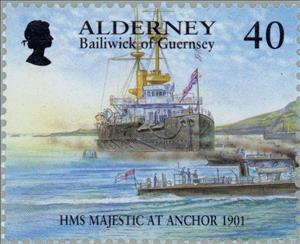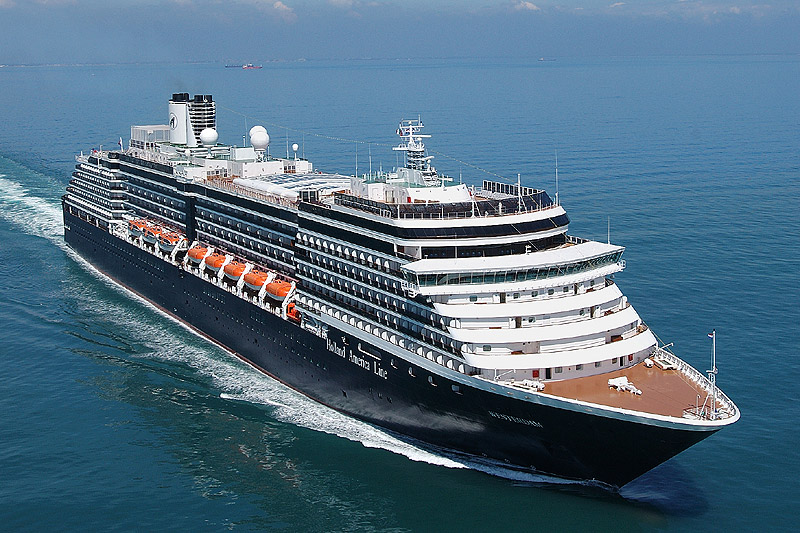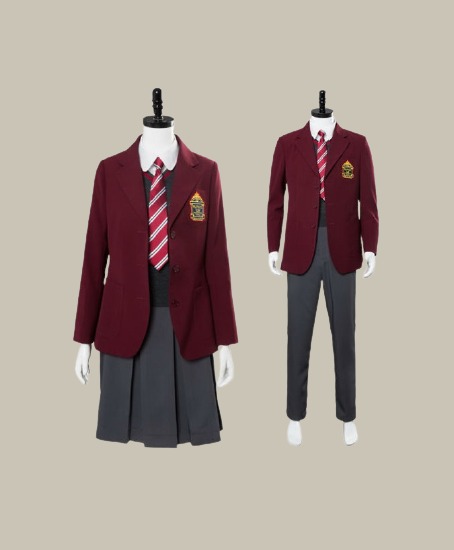Stamp: Royal Navy - H. M. S. Majestic (battleship) at Anchor, 1901 (Alderney 2001)
Royal Navy - H. M. S. Majestic (battleship) at Anchor, 1901 (Alderney 2001)
16 October (Alderney ) within release Garrison Island goes into circulation Stamp Royal Navy - H. M. S. Majestic (battleship) at Anchor, 1901 face value 40 Guernsey penny
| Stamp Royal Navy - H. M. S. Majestic (battleship) at Anchor, 1901 in catalogues | |
|---|---|
| Michel: | Mi:GG-AL 185 |
| Stanley Gibbons: | Sg:GG-AL 182 |
Stamp is horizontal format.
Also in the issue Garrison Island:
- Stamp - Royal Navy - Construction of New Breakwater, 1853 face value 22;
- Stamp - Royal Navy - Official Party inspecting Harbour, 1853 face value 22;
- Stamp - Royal Navy - H. M. S. Emerald (steam frigate), 1860 face value 27;
- Stamp - Royal Navy - Disembarking troops from H. M. S. Emerald, 1860 face value 27;
- Stamp - Royal Navy - Moored Torpedo boats, 1890 face value 36;
- Stamp - Royal Navy - Quick Firing Gun, 1890 face value 36;
- Stamp - Royal Navy - H. M. S. Majestic (battleship) at Anchor, 1901 face value 40;
- Stamp - Royal Navy - Torpedo boats outside Harbour, 1901 face value 40;
Stamp Royal Navy - H. M. S. Majestic (battleship) at Anchor, 1901 it reflects the thematic directions:
A ship is a large watercraft that travels the world's oceans and other sufficiently deep waterways, carrying passengers or goods, or in support of specialized missions, such as defense, research and fishing. Historically, a "ship" was a sailing vessel with at least three square-rigged masts and a full bowsprit. Ships are generally distinguished from boats, based on size, shape and load capacity.
A vehicle (from Latin: vehiculum) is a mobile machine that transports people or cargo. Typical vehicles include wagons, bicycles, motor vehicles (motorcycles, trucks, buses), railed vehicles (trains, trams), watercraft (ships, boats), aircraft and spacecraft. Land vehicles are classified broadly by what is used to apply steering and drive forces against the ground: wheeled, tracked, railed or skied. ISO 3833-1977 is the standard, also internationally used in legislation, for road vehicles types, terms and definitions.
A uniform is a variety of costume worn by members of an organization while usually participating in that organization's activity. Modern uniforms are most often worn by armed forces and paramilitary organizations such as police, emergency services, security guards, in some workplaces and schools, and by inmates in prisons. In some countries, some other officials also wear uniforms in their duties; such is the case of the Commissioned Corps of the United States Public Health Service or the French prefects. For some organizations, such as police, it may be illegal for non-members to wear the uniform.
An anniversary is the date on which an event took place or an institution was founded in a previous year, and may also refer to the commemoration or celebration of that event. For example, the first event is the initial occurrence or, if planned, the inaugural of the event. One year later would be the first anniversary of that event. The word was first used for Catholic feasts to commemorate saints. Most countries celebrate national anniversaries, typically called national days. These could be the date of independence of the nation or the adoption of a new constitution or form of government. The important dates in a sitting monarch's reign may also be commemorated, an event often referred to as a "Jubilee".




